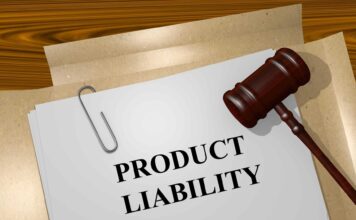Filing a car accident claim is crucial in recovering damages that occurred due to the accident. Contact a car accident attorney in Roseville to get legal help in the process of filing the claim. The accident claim involves the following elements:
Obtaining the necessary information
One must start collecting all the minor as well as important information regarding the accident as soon as it takes place. While filing the claim, you must have all the information needed as it plays a big part in your claim.
Reporting the accident to the car insurance company as soon as possible.
It is necessary to promptly report the accident to the car insurance company as they need it to investigate the accident and thoroughly assess the case.
You can contact the car insurance company directly by telephone or online to file the claim. Many companies have apps that allow you to submit accident information and file a claim through your smartphone.
Another way to file a report is by contacting an insurance agent. They collect preliminary information about the accident and contact the car insurance company on your behalf. Then the company gets in touch with you to seek more information regarding the accident. The same procedure is applied to third-party claims as well.
Cooperating with the insurance company
An insurance adjuster conducts an investigation after filing the claim and submitting information related to the accident. After that, the adjuster or some other representative takes control of handling your claim. During this procedure, you might be called by the adjuster to provide more information.
The adjuster may inquire about the presence of any traffic surveillance cameras or witnesses around the accident that can further help to strengthen your case. Providing accurate information to the adjuster is crucial as the claim’s future depends on this.
You are likely to receive a quick settlement offer from the insurance company. It is necessary to negotiate with them to get the required amount of settlement that compensates for all the losses incurred because of the accident. There are chances of claim denial or unfair settlement. The best way to deal with this would be to seek an experienced attorney. They help in making the best choice regarding the claim as well as negotiating with the insurance company. They are well prepared to protect your interests and get you just compensation.
Appeio is a tech enthusiast and gamer who loves to write about the latest news and trends in the industry. He has been writing for over 5 years and has published articles on a variety of websites, including TechCrunch, IGN, and GameSpot. He is passionate about sharing his knowledge with others and helping them stay up-to-date on the latest tech news. In his spare time, he enjoys playing video games, watching movies, and spending time with his family.














